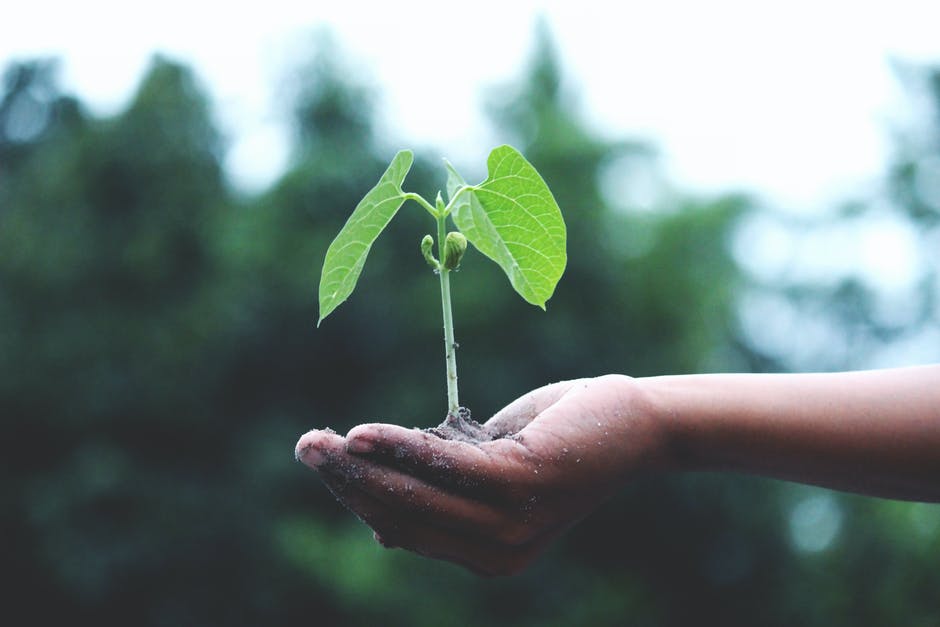
By Dr Jennifer L TyreeHageman
Lloyds Banking Group Centre for Responsible Business
It’s the start of a new year and even in these strange, lockdown times, many of us will be making resolutions to improve ourselves over January. Challenging ourselves to eat healthier or get fit are the usual ones, but what about resolving to be more sustainable?
Most of us want to live more sustainably and are increasingly aware that our current levels of consumption have harmful environmental and social consequences. In newspapers, magazines, and on social media, more and more people are talking about being ‘mindful’ and ‘purposeful’ in their buying choices. And a 2018 survey of UK and US shoppers revealed 88% of consumers want brands to help them to buy more environmentally and socially sustainable products.
But despite this rising consciousness, consuming sustainably is challenging – particularly when it comes to finding out what is sustainable and why. In both my personal and professional life as a researcher looking into consumer behaviour, the most common frustrations I hear from people are around the availability of sustainability information and how to act on it.
There are two challenges here: access and understanding. First of all, knowing how to get hold of this information and which sources are trustworthy, as well as having the time and energy to seek them out. And secondly, understanding what this information means and how it can be used to make decisions about products or consumption behaviours.
These are precisely the challenges a small UK tech start-up, called Giki, is hoping to overcome. Its free app, launched in 2018, provides sustainability ratings for more than 280,000 products by simply scanning their barcode. After more than 55,000 downloads so far, Giki’s co-founder James Hand reports 80% of users have made different and more responsible product purchases as a result.
But more recently, the company has developed Giki Zero, an interactive website that will calculate individuals’ and companies’ environmental footprint. It starts by asking a series of questions about your day-to-day activities, then suggests everyday things you can do to help reduce your footprint. The questions look at your lifestyle, energy use and travel habits, among many other things. And when I took the assessment at Giki’s London HQ, I was somewhat mortified to discover that my sustainability ‘score’ was way above the global average and the target footprint that would limit global warming to 1.5C by 2030.
Embarrassed, I was quick to justify the result to James as being skewed by my long-haul flights to visit family in America. But it reminded me just how impossible it can be to make certain lifestyle changes when the choice – in this case – is not being able to see my parents. Sometimes just having the information about how to change isn’t enough to help us live more sustainably. There’s a similar sense of impossibility felt by many consumers when they look at the overwhelming, global sustainability issues of climate change and deforestation and conclude whatever they do is insignificant.
But that sense of futility is exactly what James hopes Giki Zero will dispel. By suggesting 120 attainable, everyday actions and linking them to these global issues, the website helps individuals to appreciate the cumulative impacts of their choices and how they contribute to the world achieving the UN’s Sustainable Development Goals by 2030. At the same time, it pragmatically recognises that sometimes our unsustainable choices are beyond our control or ability to change – like my flights home – and that’s OK so long as you’re doing something about your footprint overall.
All of which should make being more sustainable a resolution that far outlasts a fad diet or Dry January. After all, it would be bitterly ironic and self-defeating if any strategy to tackle your personal environmental footprint isn’t sustainable in the long-term.
- More about Dr Jennifer L TyreeHageman at the University of Birmingham
- Back to Business School Blog
The views and opinions expressed in this article are those of the author and do not necessarily reflect the official policy or position of the University of Birmingham.
